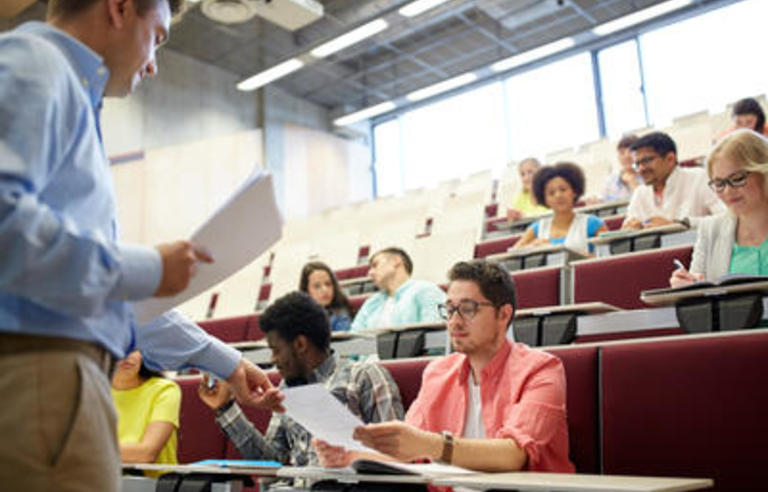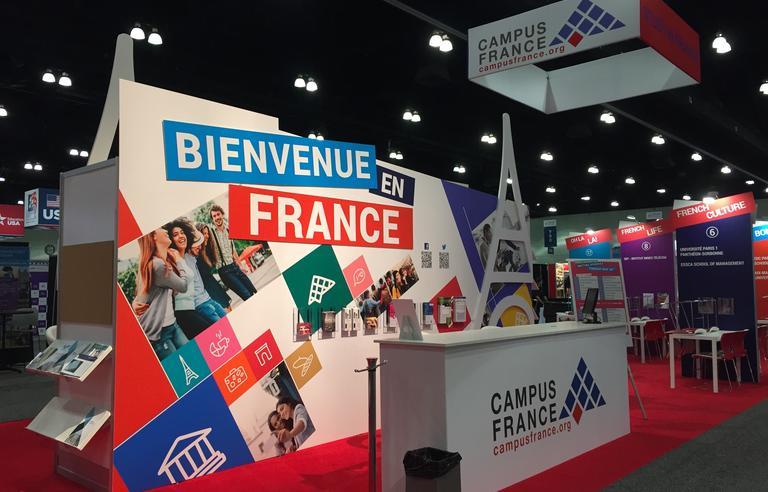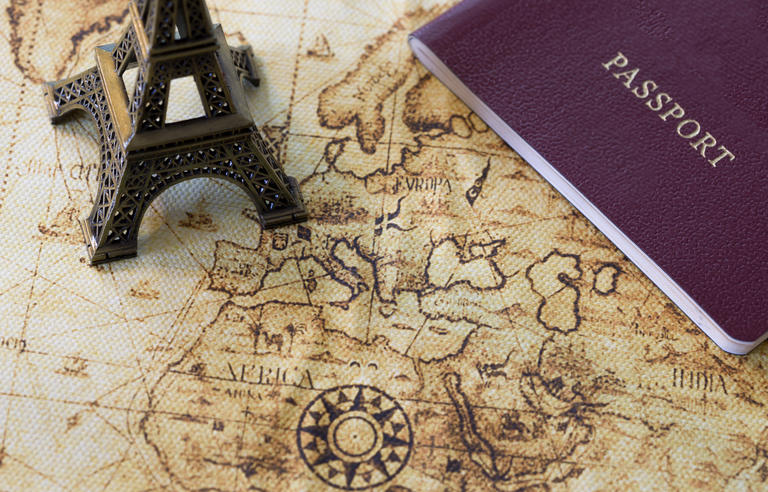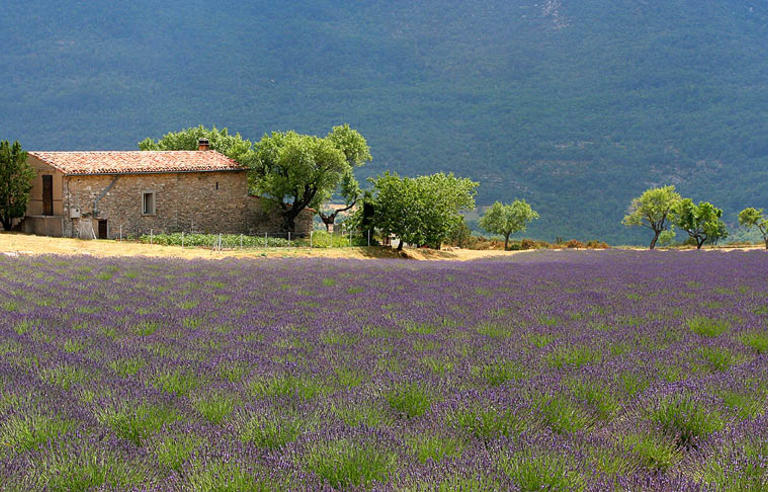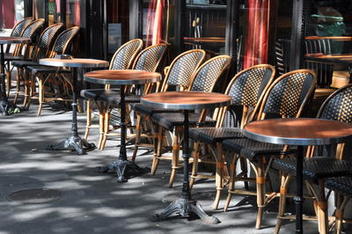SECURITY

France is a safe country. Public authorities have implemented plans such as the Plan Vigipirate to ensure everyone remains safe, and they will be in place while you are studying in France.
THE PLAN VIGIPIRATE
French public authorities have made security a priority in the National territory. The Plan Vigipirate, a permanent means of prevention, protection and remaining alert, plays a major role in the fight against terrorism in France. It brings together the State, local communities, public services, companies and all citizens.
The Plan Vigipirate is based on three things:
- the development of a culture of individual and collective security extended to all of society;
- the creation of three levels adapted to the threat and made concrete through logos displayed in public areas: vigilance, reinforced security, attack emergency;
- the implementation of measures reinforcing government action against the threat of terrorism.
OPERATION SENTINELLE PROTECTS SENSITIVE PLACES
As part of Operation Sentinelle, and as a complement to the Plan Vigipirate, the police and gendarmes, backed by soldiers from the French army, are permanently deployed at the sensitive spots in the countrysuch as airports, train stations, public transit, shopping centres and tourism sites.
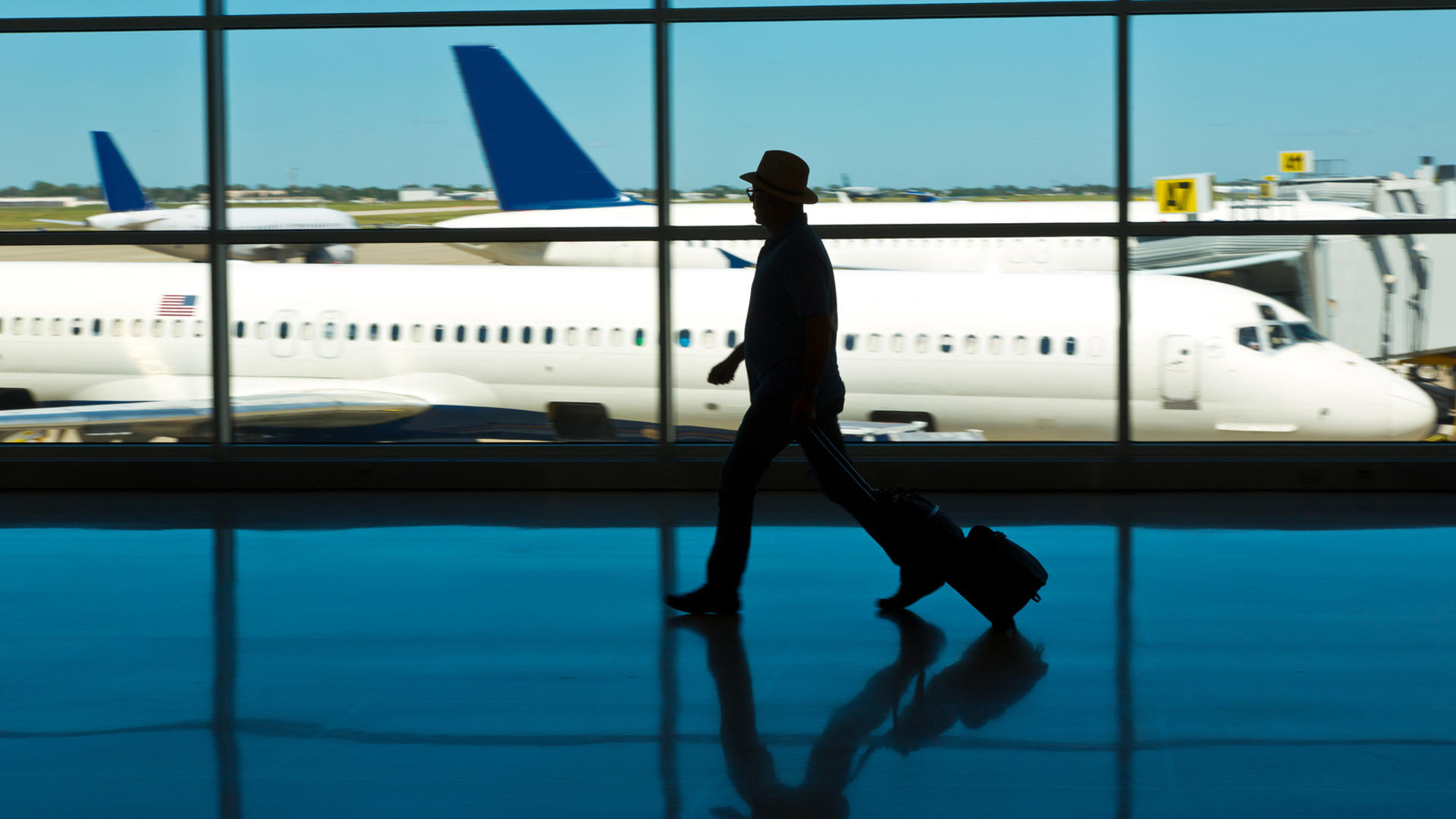
THE SECURITY POLICY IN UNIVERSITY BUILDINGS
At the start of the academic year in 2016, the State invested 30 million euros to reinforce security for students on campus. There are guards at the entrances to institutes of higher education in order to inspect the bags of everybody who enters. Further, a large number of preventive and crisis-management measureshave also been implemented by the Ministry of National Education that regularly involve simulation exercises.
EMERGENCY NUMBERS YOU SHOULD REMEMBER
If necessary, there are different emergency phone numbers you can use to contact emergency services for free at any time:
- 112: the European emergency number if you are victim of or witness to an accident in a European Union country;
- 15: SAMU number (emergency medical service) for help from a medical team in case of a lifethreatening situation;
- 17: emergency Police number in the event of a crime that requires the immediate intervention of the police;
- 18: fire brigade in the event of danger to a person or an accident.
DEVELOP THE RIGHT SECURITY REFLEXES
We recommend adopting a few good habits in order to stay safe while studying in France:
- download the alarm and information application for the populace in the event of crisis (SAIP) from the Ministry of the Interior;
- memorise the above emergency numbers;
- keep the contact information for the embassy and consular services of your country in France at hand;
- sign up for the Campus France social networks in order to obtain realtime information about security conditions in French institutes of higher education.
If there is a major crisis during your stay here, don't panic:
- make sure you are safe;
- contact family and friends in France and abroad as soon as possible to reassure them, using the Safety Check on Facebook if it has been activated;
- sign up for the government social networks to stay informed.












